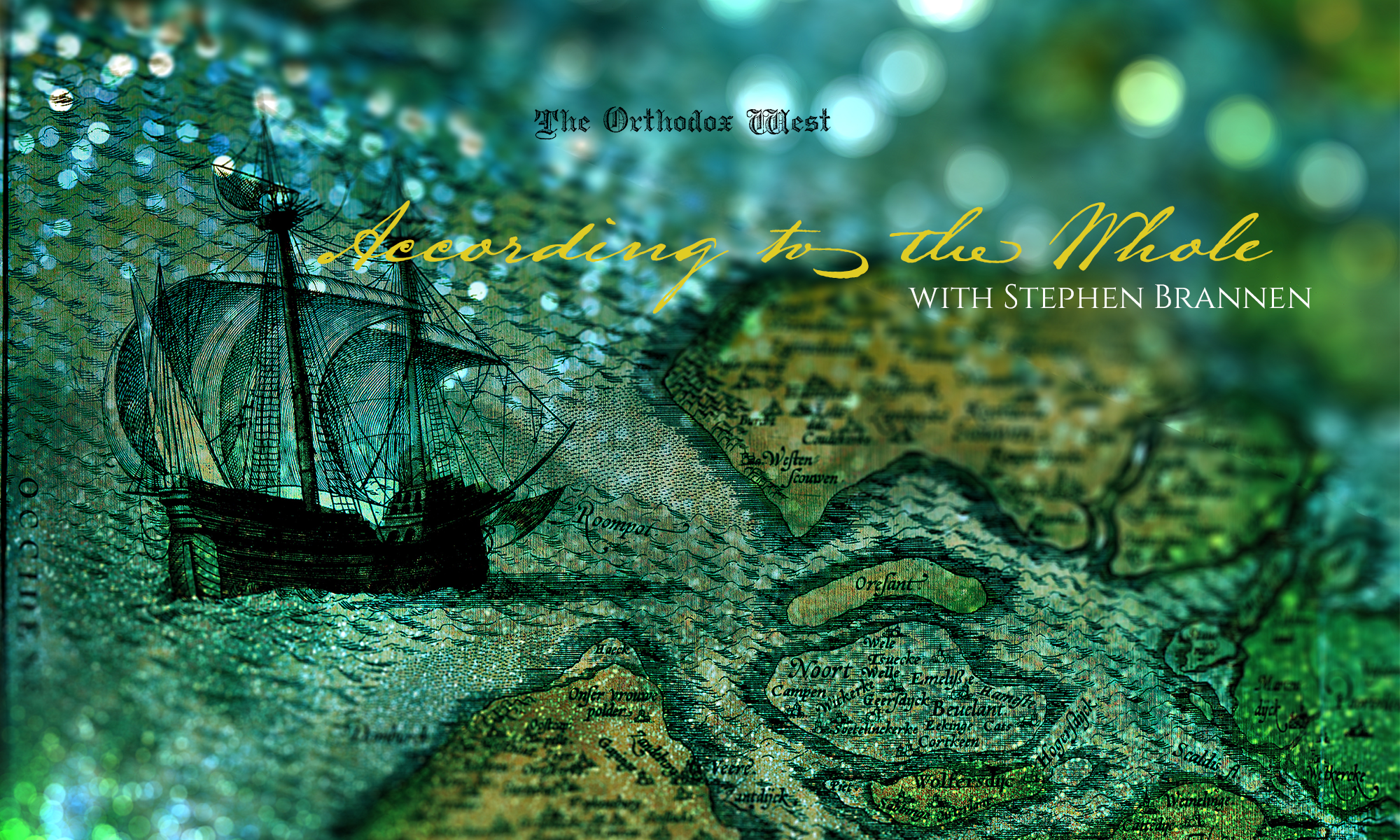This year, something is happening on Christmas Eve that rarely happens: it falls on a Sunday. This is the only liturgical Vigil that is allowed to fall on a Sunday, as Vigils in the Western Rite are always penitential and preparatory in nature (fasting is prescribed and the liturgical color is purple). So in all other instances where a Vigil would fall on a Sunday (excepting the Vigil for Epiphany which simply gets replaced by the Mass of the Holy Name of Jesus), the Vigil gets anticipated and bumped back to Saturday or the first available day prior. Christmas Eve is entirely unique in being able to be celebrated on a Sunday. And when this does happen, aside from the fast being lifted, there is almost nothing that changes liturgically. . . . except for one particular Proper chant which is only ever sung in this instance. That chant is the Alleluia verse, which runs:
“Alleluia, alleluia. Tomorrow, the iniquity of the earth shall be done away: and the Savior of the world shall reign over us. Alleluia.”
[Latin] “Alleluia, alleluia. Crástina die delébitur iníquitas terræ: et regnábit super nos Salvátor mundi. Alleluia.“
Continue reading “The Unlikely Alleluia”

